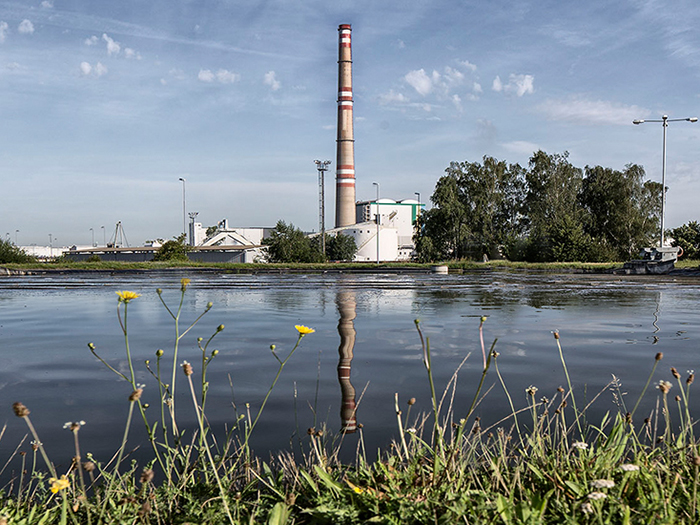Tides and organic waste: the future of renewable energy
Truly sustainable electric mobility requires energy from renewable sources. We take a look at what the future holds for this sector.

Zero tailpipe emissions: this is one of the main features of electric cars, but alone it is not enough. In order to make a concrete contribution to climate protection, the key requirement is that energy from renewable sources is also used to manufacture and power them. This is another reason why energy research is looking into new resources to add to water, the sun and the wind. Analysts’ predictions indeed suggest that the spread of electric mobility will lead to a rapid fluctuation in energy demand, above all in the countries where renewables are most prevalent.
It will thus become increasingly important to come up with a solution to store the electrical energy produced from renewable sources on a large scale, allowing it to be fed back into the system when different weather leads to reduced production. At present, this job is primarily in the hands of nuclear power plants, but the European Commission intends to shift Europe’s energy mix so that up to 80% is provided by renewables, leaving only 20% to be produced by nuclear power plants.
Sweden's Record
The most successful country in terms of producing energy from renewables is Sweden, covering 54.5% of its overall consumption through renewable resources. The Swedes are increasingly relying on wind farms, taking inspiration from Denmark, the European country where wind farms account for the biggest share of total energy production. Ireland and Portugal take second and third place in this special ranking, followed by Germany.
The underwater Great Wall of China
China is trying to harness tidal energy, that is power generated from the movement of the tides. It is doing so in a way which symbolically picks up on the country’s history: it is considering building a huge hydroelectric power plant in the form of a 30-km ocean-front underwater wall fitted with turbines. Preliminary calculations suggest that the flowing seawater could produce energy almost on the scale of that generated by three nuclear reactors.
Beneficial bacteria
The ability of certain bacteria to convert organic substances such as human or animal urine into electrical energy is being explored by researchers at the University of Bath in the UK. The cells developed using this principle, called microbial fuel cells (MFCs), could be used as “mini power plants” connected to home toilets to produce energy for homes, including for electric car charging, thanks to their low cost and small size.
Source: ŠKODA Auto
